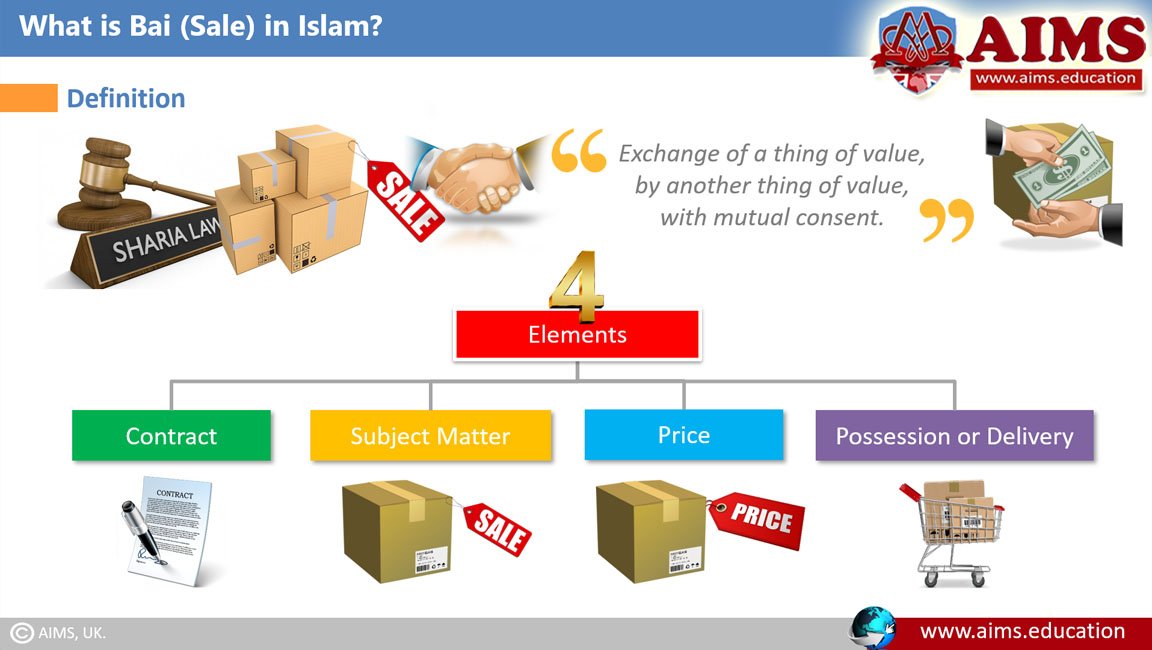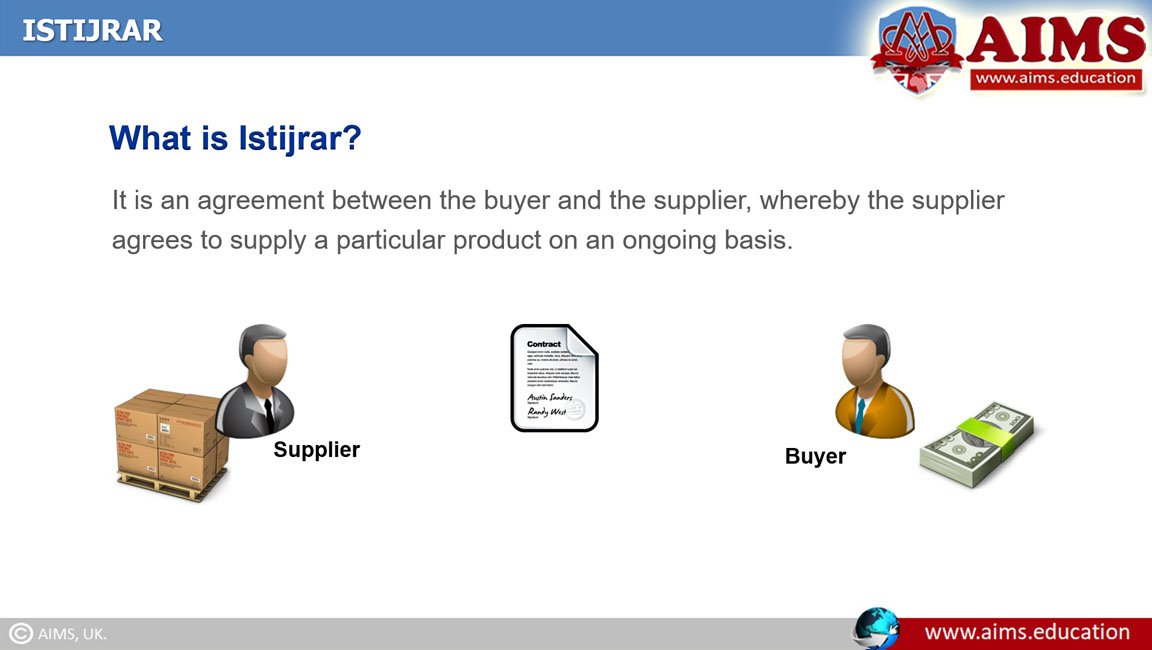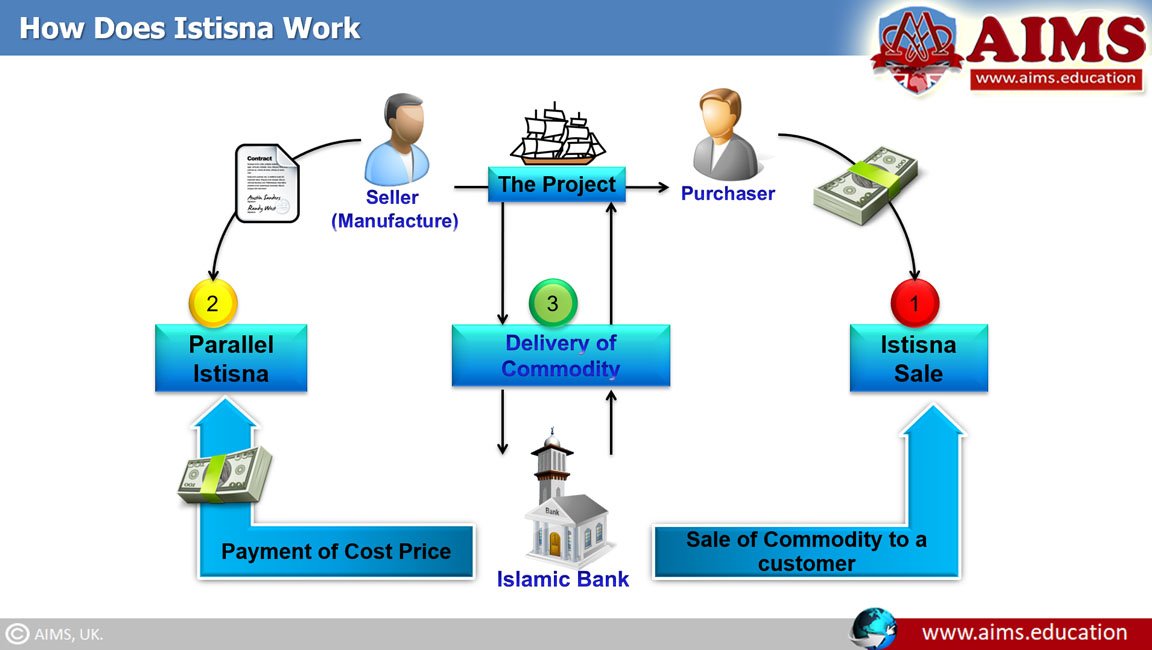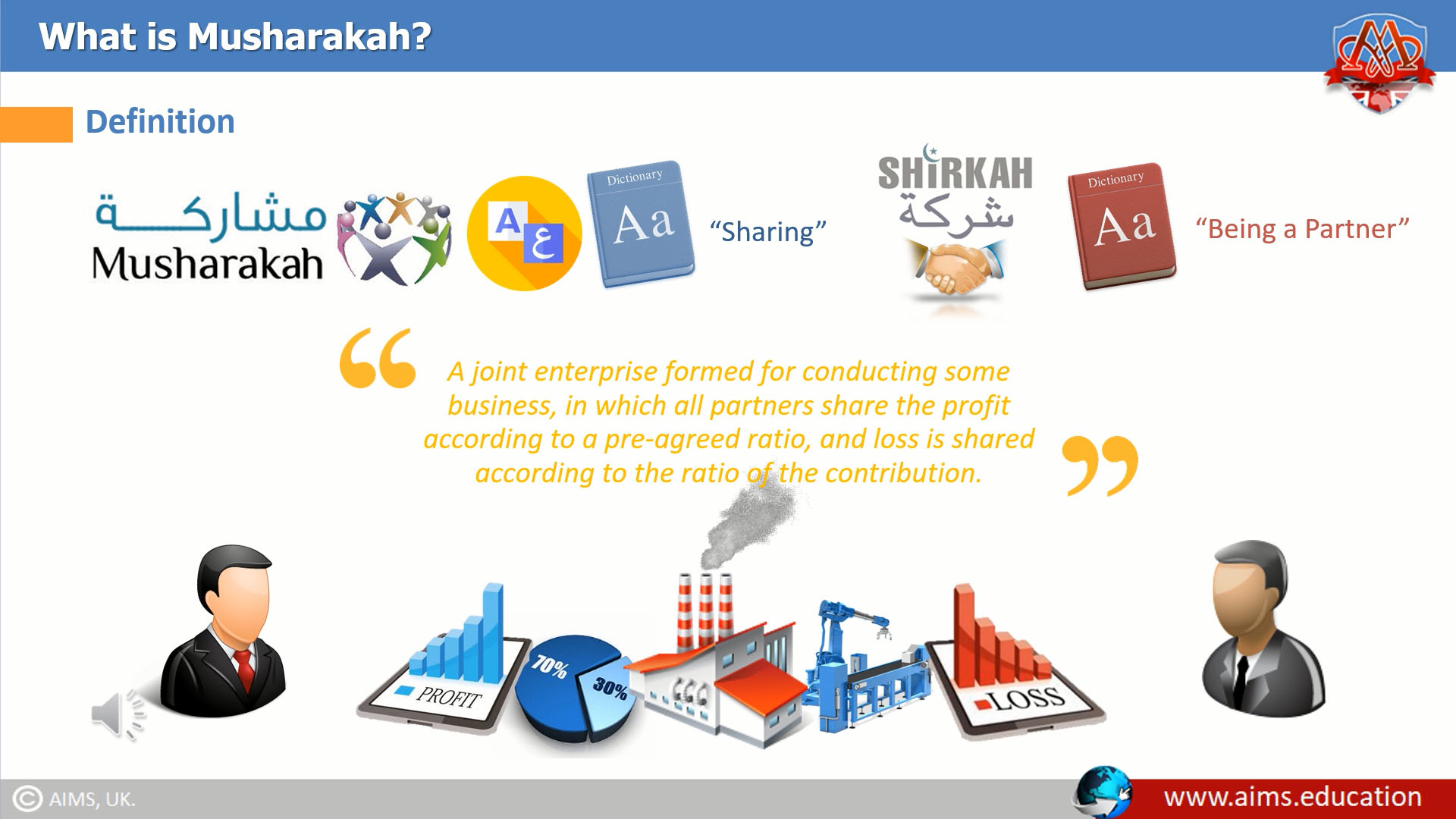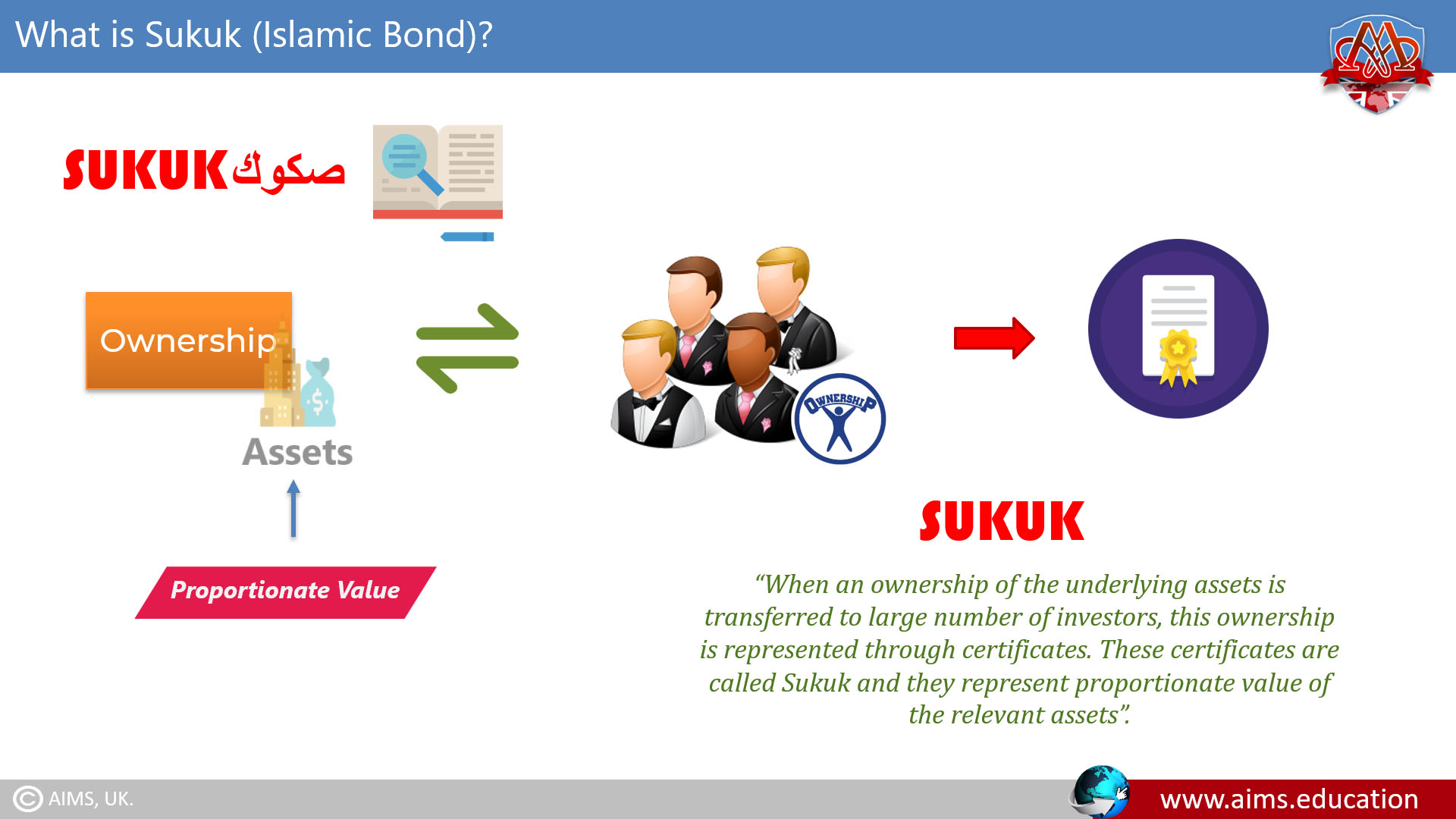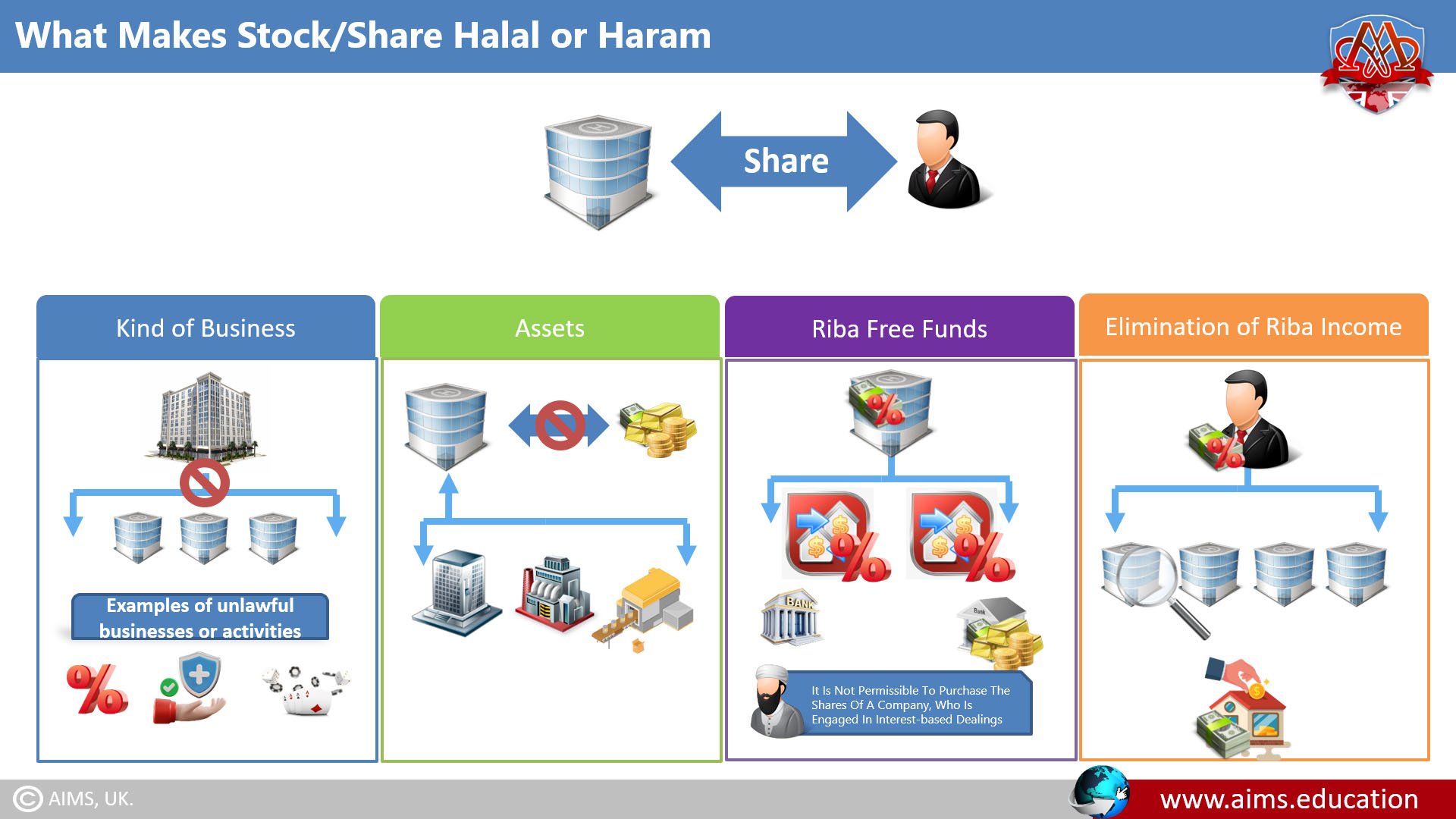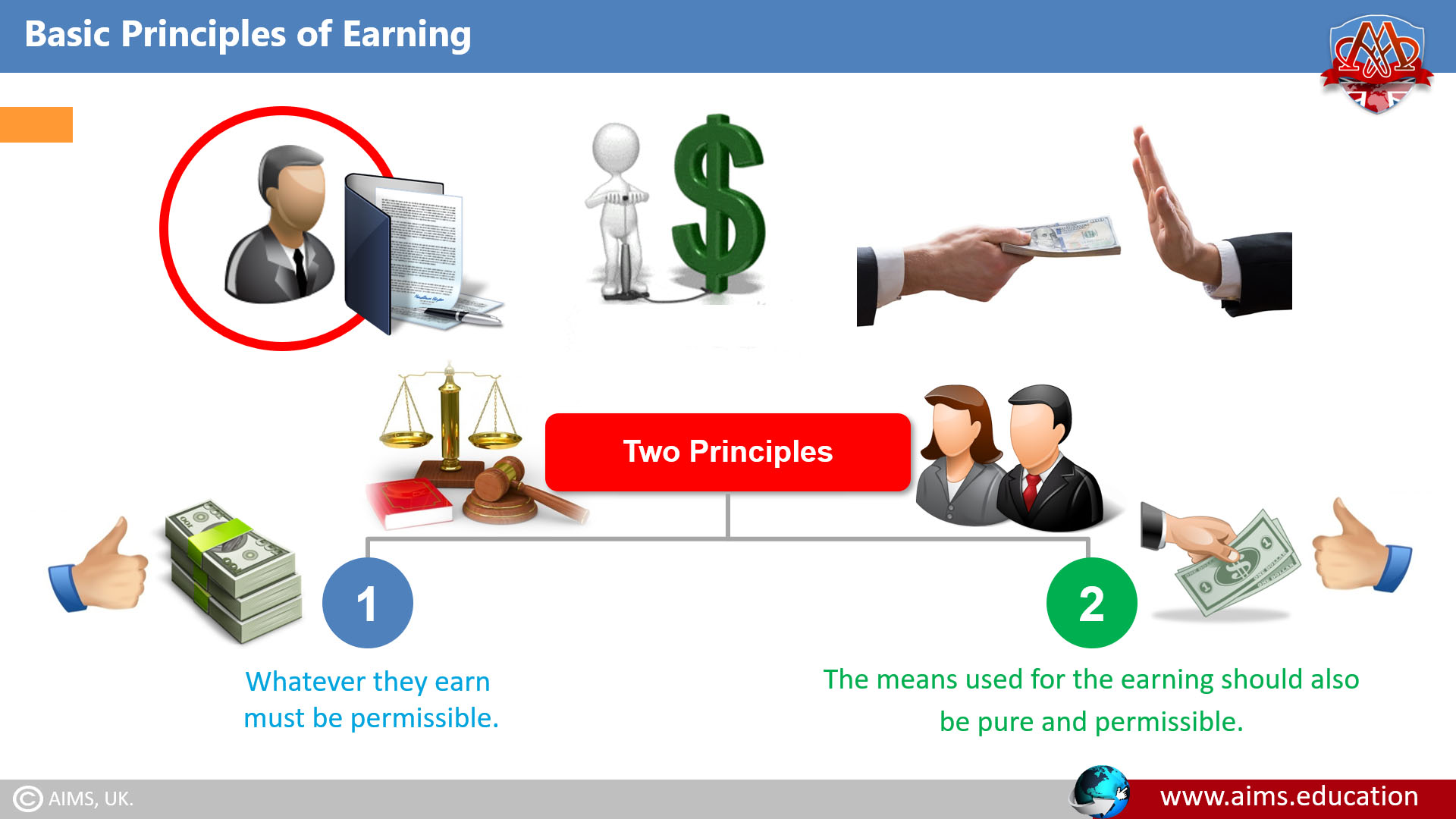Islamic Banking and Finance Blog
Welcome to the Islamic Finance Blog by AIMS Education — a trusted source for insights, updates, and expert knowledge on the Islamic banking and finance industry. Our Islamic Banking blog offers in-depth analysis, practical guidance, and timely information on Shariah-compliant financial products, services, and global trends.
Whether you’re a student, professional, or enthusiast, our articles will keep you informed about the latest developments and innovations in the ever-growing world of Islamic banking and finance.
What is Bai (Sale) or بيع? Types, Conditions for Valid & Invalid Bai
What is Bai (Sale)? Sale or Bai (بيع) is defined as the “Exchange of a thing of value, by another thing of value, with mutual consent." More specifically, Bai may be defined as the [...]
What is Istijrar? Meaning & Types of Bail Istijrar Contract in Islamic Banking
What is Istijrar? Bai Istijrar (اِستِجرار) is a Shariah-compliant repeat Sale Agreement in which a buyer purchases goods from a seller in different quantities over time, and the payment is made at the end [...]
Istisna in Islamic Banking & Parallal Istisna
What is Istisna? Istisna is a special sale contract where the commodity is transacted before it comes into existence. Istisna in Islamic banking is mostly an order for the producer to manufacture a specific [...]
What is Musawamah in Islamic Banking? Examples & Contract Overview
What is Musawamah? Musawamah is an Arabic word derived from the word “sawa” which means “equalizing”. Musawamah means “bargaining” or “negotiation”, and in Islamic banking, it represents a type of sale where the seller [...]
Asset Backed Financing in Islamic Banking
What is Asset Backed Financing in Islamic Banking? According to the Islamic religion, not all investments and financial transactions are allowed for Muslims, and each of them must be compliant with the sources of [...]
Musharakah Contract: Meaning & Types in Islamic Banking
What is Musharakah? Musharakah (مشاركة) is a word of Arabic origin that literally means 'Sharing.' Its root word is Shirakah (شركة), which means “Being a Partner”. In Islamic banking and finance, Musharakah definition may [...]
Sukuk (Islamic Bond) – Meaning, Types, Structuring & Applications
Sukuk Meaning Sukuk (صكوك) is a plural of the word “Suuk,” which was used by the Muslim societies of the Middle Ages for “Papers.” These papers are used to represent financial obligations originating from [...]
Is Investing in Stocks Haram or Halal?
Are Stocks Haram or Halal? Investing in stocks often raises questions such as “Is investing in stocks haram?” or “Are stocks haram?”. The answer depends on the nature of the stocks in question and [...]
Wadiah and its Types
Waidah Meaning: Wadiah means "custody" and "trust." In Islamic banking, it refers to a deposit. It has two types: Wadiah yad Dhamanah and Wadiah yad Amanah. وَدِيعَة differs from Qard; the concept involves safekeeping [...]
Islamic Microeconomics
What is Islamic Microeconomics, and What Does it Deal With? Microeconomic theory deals with the behavior of economic agents of the economic system, like consumers, firms, and factors of production. Subsistence and the means [...]

